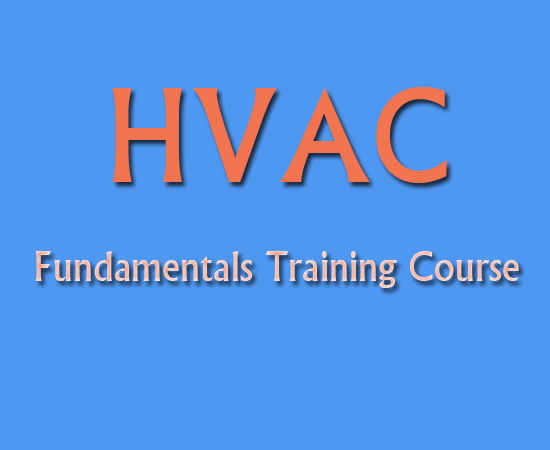Course Details
Your Growth, Our Mission

Course Description
The Training Course Will Highlight ?
The course will feature:
- Knowledge of HVAC load estimating concepts
- The ability to relate load estimates to equipment sizing and systems design
- A practical understanding of the theory dictating the design and control of HVAC systems
- Information on the energy conservation aspects of HVAC systems
Training Objective
The course will feature:
- Knowledge of HVAC load estimating concepts
- The ability to relate load estimates to equipment sizing and systems design
- A practical understanding of the theory dictating the design and control of HVAC systems
- Information on the energy conservation aspects of HVAC systems
Target Audience
Mechanical Engineers, General Supervisors, Consulting Engineers, Design Engineers, Foremen, Supervisors, Technicians, Maintenance Personnel, Engineers of all disciplines, Supervisors, Team Leaders and Professionals in Maintenance, Engineering and Production Managers, Maintenance Personnel, Heads of Maintenance and Operation, Chemical Engineers, Equipment Specialists, Technical Engineers, Operation Engineers, Planning Engineers, Process Engineers, Reliability Specialists, Boiler Plant Construction Managers, Consulting Engineers, Design Engineers, Insurance Company Inspectors, Operation, Maintenance, Inspection and Repair Managers, Supervisors and Engineers, Plant Engineers, Senior Boiler Plant Operators, Repairers and Installers, Project Engineers and Technologists, Facility Engineers, Consultants, Mechanical Engineers and Technologists, Maintenance and Operation Personnel and other technical personnel who need to upgrade/refresh their current knowledge of HVAC systems
Training Methods
Daily Agenda
Fundamentals of HVAC: Determination of Moist Air Properties and the Use of Psychometric Chart
- Moist air properties
- The psychometric chart
- Moist air processes
Calculations of Air Conditioning Cycles (Systems)
- Bypassed, return and outdoor air
- Capacity of refrigerating plant
- Effect of heat gains in ductwork
Determination of Space Conditions – Comfort Zone
- Comfort-physiological considerations
- Environmental comfort indices
- Comfort conditions
Cooling/Heating Load Calculations
- Design temperature differences
- Quantity of heat to be removed
- Conduction heat gains
- People load
- Loads due to lights and equipment
- Infiltration load
- Ventilation load
- Radiant and solar heat gains
Design of Air Distribution System (Duct Design)
- Total, static and velocity pressures
- Changes in pressure in a duct
- Loss in static pressure due to friction
- Fan laws and fan performance curves
- System characteristic curves
- Fan selection
- Duct design
Operation of HVAC: System Selection and Control
- System selection
- Control devices
- Types of control systems
- Basic control theory
Energy Conservation
- Determination of energy conservation opportunities (ECOs) in HVAC Systems
- Diagnostics and refining
- Implementation and maintenance
- Economic considerations
Accreditation
BTS attendance certificate will be issued to all attendees completing minimum of 80% of the total course duration.
Quick Enquiry
Request Info
Related Courses
Your Growth, Our Mission

